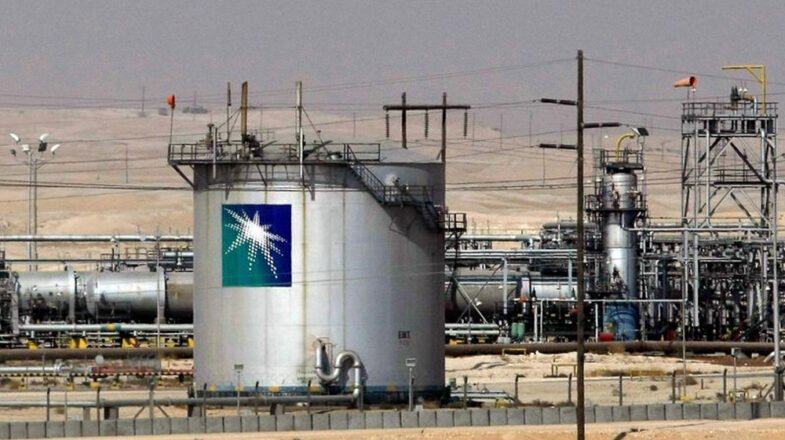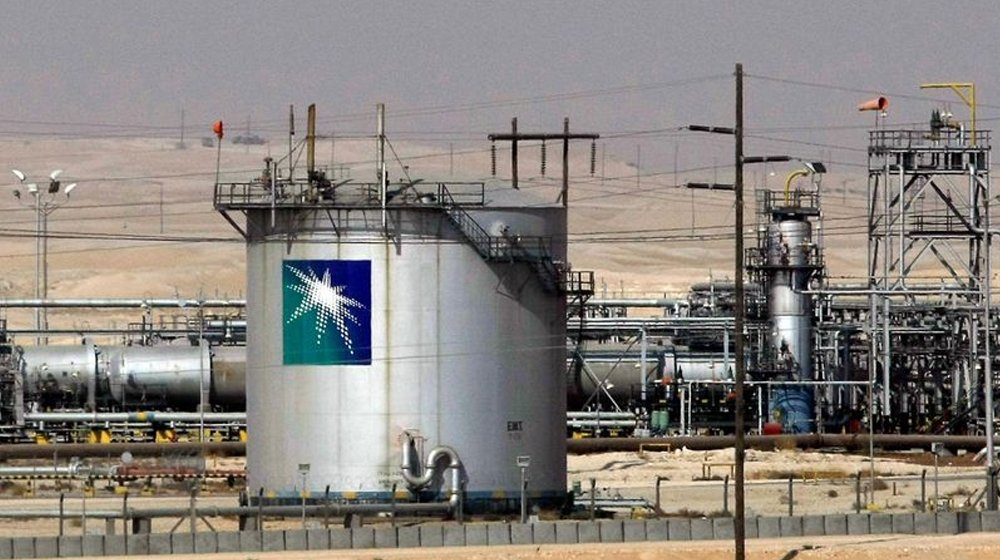The $10.5 billion refinery will be built with a loan-to-equity ratio of 70:30, with Saudi Aramco and Pakistan State Oil (PSO) splitting the equity stake equally.

The engineering, procurement, and construction (EPC)-F mode proposal from Pakistan is being evaluated by Saudi Aramco for the $10.5 billion deep conversion green refinery in Hub, Balochistan.
Both counties must first sign an agreement, which is followed by a number of contracts, including ones for funding, the host government, and security, before they can enter into a formal agreement.
According to a national daily, Aramco has finished a pre-feasibility study and will now conduct a feasibility study before beginning the project. China could help to lower the risk involved in Saudi investment.
The Green Refinery Policy has already been adopted by Pakistan and announced to major economies. A 20-year tax break and a 7.5 percent deemed tariff are provided by the refining strategy. Hub, Balochistan will host the project, which will have a daily capacity of 350,000–450,000 barrels.
The refinery’s price could increase to $14 billion if a petrochemical complex is added to the plan. According to a representative of the energy ministry, only brand-new deep conversion refineries will be permitted to be built in the nation. No new hydro-skimming refineries will be permitted.
The $10.5 billion refinery will be built with a loan-to-equity ratio of 70:30, with Saudi Aramco and Pakistan State Oil (PSO) splitting the equity stake equally.
Each of Saudi Aramco and PSO would put up $1.5 billion in equity, with EPC loans covering the balance. It’s possible that Saudi Arabia contributes the entire $3 billion (30%) equity.
In either case, the Petroleum Division‘s minimum Euro 5 specification would apply to the products sold by the new green refinery to any marketing company in the nation.
The refinery would be allowed to export surplus petroleum products with OGRA approval, while refineries are allowed to export goods with specific requirements when there is no domestic market for them.
